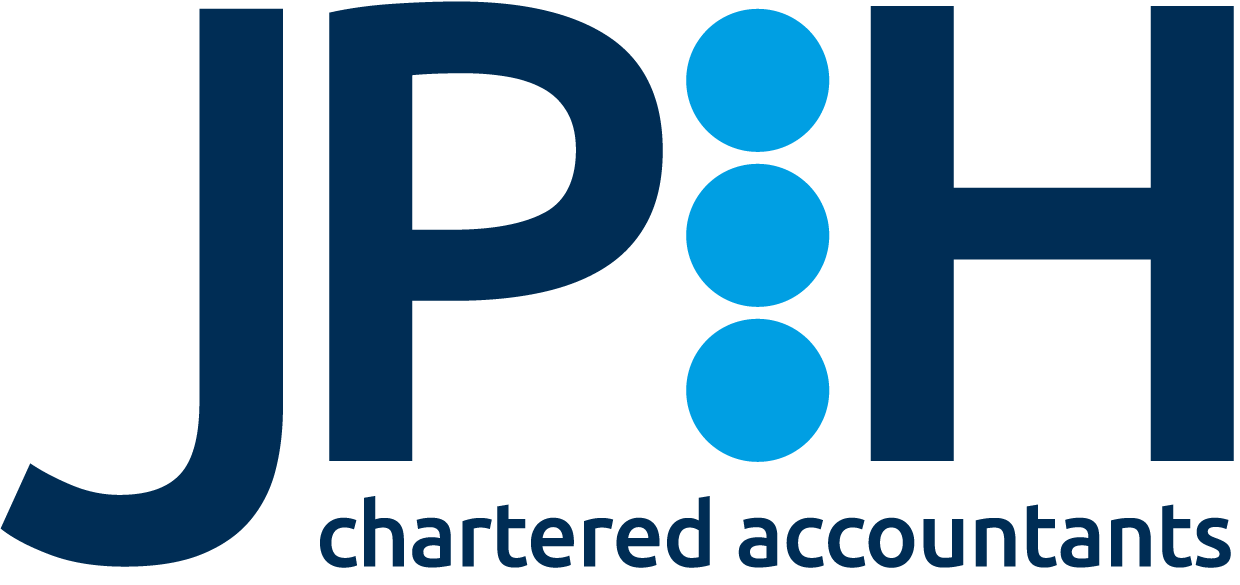While it can be extremely rewarding to build your very own business from the ground up, you still need to make sure to get paid. After all, you work around the clock to keep things running, so why shouldn’t you take home a decent amount of pay?
How you pay yourself will vary depending on your business’s structure.
If you’re looking for the most tax-efficient way to pay yourself from your business, keep reading.
Paying yourself as a sole trader
Paying yourself as a business owner is fairly straightforward if you’re a sole trader or in a business partnership.
Because your business’s money is yours (legally speaking, there’s no distinction between a sole proprietorship and the owner), you can take home any profits you make over the year.
While receiving your income is easy, it’s still important to manage your business finances carefully, including setting some money aside to cover any tax bills and potential investments.
Owning a business is unpredictable at best, so you should also make sure to keep enough money in the bank to fall back in case of an emergency in the business or an unexpected bill.
Self-employed taxes
As a sole trader or business partner, you’ll be charged income tax if you earn over the annual personal allowance of £12,570. The tax thresholds are:
- 0% on income under £12,570
- 20% on anything between £12,571 – £50,270
- 40% on anything between £50,271 – £125,140
- 45% on income over £125,140.
It’s important to understand that different portions of your business income will be taxed at different rates. For example, if you made £60,000 a year, you would pay 20% on profits between £12,571 and £50,270. Everything else would be taxed at 40%. That’s opposed to your entire profit being taxed at 40%, which is a common misconception.
You’ll also have National Insurance contributions (NICs) to pay on your income, depending on the amount.
Paying yourself through a limited company
As a director of a limited company, your situation is a little more complex. Your company will pay corporation tax on its profits (at 19% to 25% depending on the amount) but it’s important to remember this is not your own personal income.
Instead, you’ll need to extract income from your company. You have a few ways to do this, including paying yourself a salary for your work as director via pay-as-you-earn (PAYE), or paying yourself dividends from the company’s profits.
Your salary will be liable to income tax as outlined above. Meanwhile, dividends have slightly lower tax rates:
- basic rate – 8.75%
- higher rate – 33.75%
- additional rate – 39.35%.
Many company directors choose to pay themselves a low salary, minimising the tax and NICs due while still making themselves eligible for state benefits. They then top up this amount with dividends.
There are more factors to consider when paying yourself from a company, and the right balance will depend on your circumstances. As ever, make sure you get professional advice before deciding this.
Maximising tax relief
No matter your business structure, you may be able to claim relief and allowances to save money on your tax bill, letting you boost your personal income as a result.
A major source of tax relief for self-employed individuals and companies alike is claiming your allowable expenses; if a purchase is made for business purposes, you can usually deduct its cost from your pre-tax profit, reducing your tax bill.
You may also be able to claim things like capital allowances, capital gains tax relief, and R&D tax relief. Always make sure to consult with a tax expert to ensure you maximise your tax savings.
For advice on the most tax-efficient ways of paying yourself from your business, get in touch with a member of our team.


